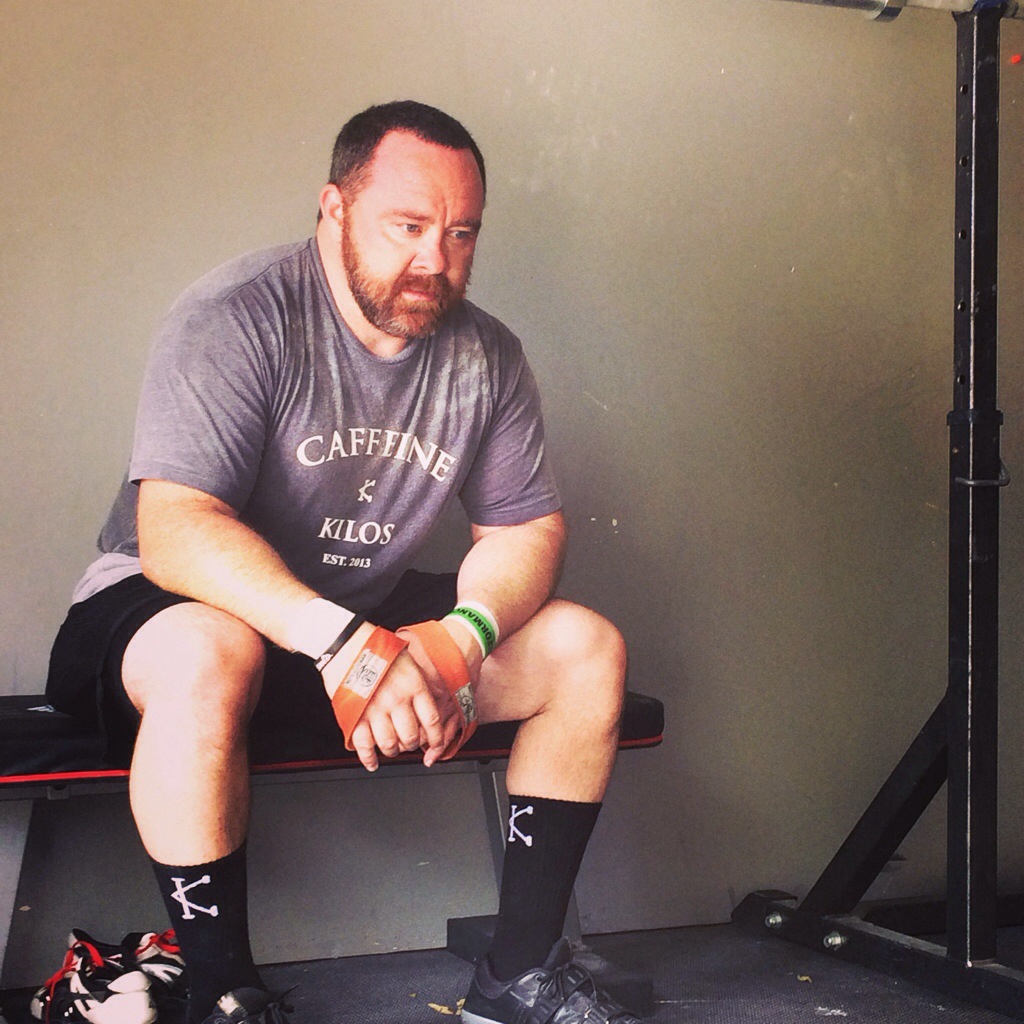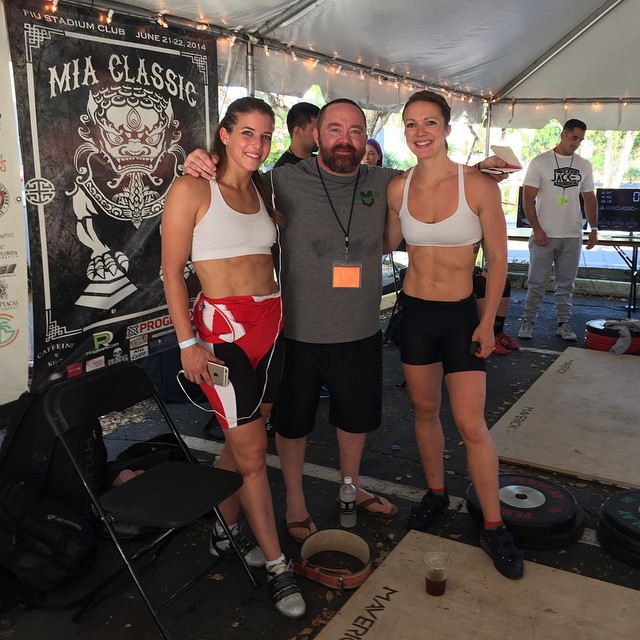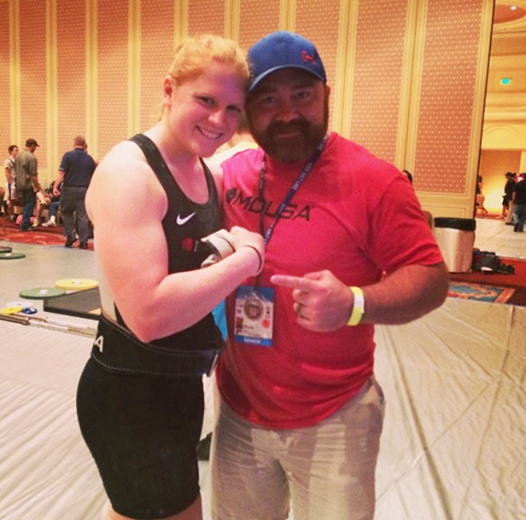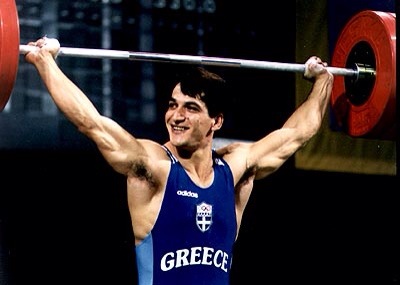Before you check out the “Mash Sport Psychology 101″ article, I want to remind you all that I have two more “Mash Mafia Workshops & Train” this year. November 7th I will be in Eagan, MN at Undisputed Strength and Conditioning, and then November 14th at the Mash Compound in Clemmons, NC. Find out more by clicking on the link below:
>>>>Mash Mafia Workshops and Train<<<<
Mash Sport Psychology 101
As I get older, I notice more and more that the reason most people aren’t reaching that elite level is because of their own brain. It’s not just athletes trying to reach the elite level. A lot of athletes struggle with any improvement due to their brain not allowing them to get better. I know that a lot of elite level athletes are seeking out qualified Sport Psychologists to give them that edge. It’s a kind of hidden secret in weightlifting right now, but I think that getting help in this area is the next big thing for the improvement of weightlifting in America.
I am definitely not a Sport Psychologist, but I do know the things that I used to become a multi-time World Champion. Some of the techniques that I used, I know are being used by practicing Sport Psychologists. I believe that top-level athletes in all sports naturally have winning habits ingrained on their brain. These habits are missing from the average person, but they can be learned.
Some of the habits that I am about to explain are habits that I developed. I didn’t always have them, so that tells me you can learn them too. Just like any thing else, it is going to take practice. I promise that it is worth it.
These are the habits that helped me become a World Champion:
1. Competition is nothing but a big day of training with your best of friends! That’s right! The moment that I didn’t take competition day so seriously was the moment that I became unbeatable. When I first started weightlifting and powerlifting, I would get totally amped up days before for a meet. However by meet day I would be filled with anxiety. That is no way to compete.
At one of my competitions, I finally broke competitions down to their essence. Competitions are nothing but a huge gathering of people that enjoy participating in the same activities as me. It’s a gathering of friends. It’s the one time that I am surrounded by people that understand me. We understand each other. In a world that has no idea about powerlifting or weightlifting that is a very comforting thought.
I started walking around with a smile instead of a scowl on my face. I have met some of my best friends at these meets. The only time that I get to see them is at the competitions, so really competition is a gathering of my favorite people. This outlook is exciting and soothing as opposed to angry and anxious. Anxiety and anger will drain your body of all its energy.
I took this approach all the way through warm ups until the last warm up. The key to warm ups is to have focused fun. It’s time to dial in your thoughts, but there is still time for smiles and sometimes dancing. That’s right, Dancing! I know that Rebecca Gerdon is going to kill it when I see her dancing and smiling. Adee Zukier is the same way. As their coach, I am staying just as relaxed, and maybe I dance a little. As their coach, I have to stay calm with them. If they see me nervous and anxious, then they will start to become nervous and anxious. The coach has to stay in check!
Right around that last warm up, it is time to start turning up the intensity. By having fun, you have reserved all of your energy for the platform. At this point it is time to turn the intensity level from a 4 to a 5 on a scale from 1 to 10. We will call this a focused excitement.
The next step is the platform. Now it is time to turn up the intensity level to a 6. Weightlifting is a focused sport. If you turn up the level to 9 or 10, you are going to make mental errors. However powerlifting is a sport where you can turn it up to 8-10. On your final attempt in weightlifting, you will want to turn it up to a 7. It is go time, and now it’s time to let your training and practice take over.
2. Practice the Intensity Levels! Dan John is the first person that I have heard talking about practicing intensity levels. This is important for all sports, and it is important to understand what level each sport requires. Here’s the way to understand the levels: a max deadlift is around a 9 and sitting on the couch watching football after Thanksgiving dinner is a 1.
No matter what sport you are training for, it is important to deadlift just to understand the sensation. Basically you grip the bar, set the back, and pull like heck! Deadlifting is purely an emotional lift. If you are in the right setting, you will probably set a personal record. Levels 4-6 are focused aggression intensity levels. You would use these levels to snatch, batting in baseball, or throwing the discus.
Understanding these levels will help the athlete know when to use each. Identifying the levels with a number can help with the precision. It’s also important to realize that staying at a level somewhere between 8-10 will wear out the energy of an athlete.
3. Develop a routine and stick with it! Whether you are lifting 40 kilos or 400 kilos, you must approach the bar the exact same way. The biggest mistake that I see lifters make is changing their routine and technique when the weight gets heavy. You will see this especially for personal record (PR) attempts. Why?
Technique and routine should stay the same. The only things that might change are intensity levels and focus. The problem with changing your routine is that the body perceives it as something foreign. This can cause the body to not fire as efficiently because it isn’t sure what’s going on.
That’s why basketball players practice shooting foul shots the exact same way each time. You want the body to go into autopilot. If you change, all of that practice goes out the window. The same goes with lifting weights or any other athletic movement.
Develop a routine and stick with it! I want you to start practicing today. Whether the weight is 50 kilos or 170 kilos, I want you to perform the exact same routine and set up. This routine and set up needs to be practiced everyday. When you compete, nothing is to change. The routine and set up will always remain the same, and only intensity and focus are changed.
All of these principles need to be practiced just like any other aspect of your sport. These things only work after you have made them into habits. Habits are only formed after years of practice and hard work. These tips can be the difference makers, so start using them today.
For more information on one of my Online Teams, click on the links below:
Eat What You Want! Lift What You Want!
Team GridStyle for Functional Fitness Tailored to You!
For Online Coaching and Mentoring from Coach Mash, click on the link below:



